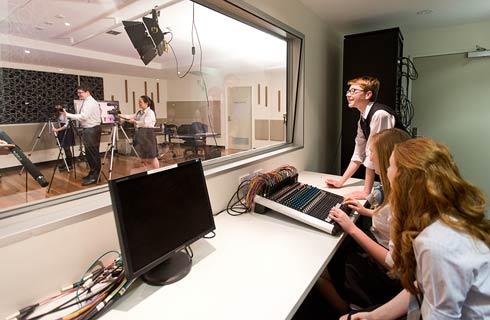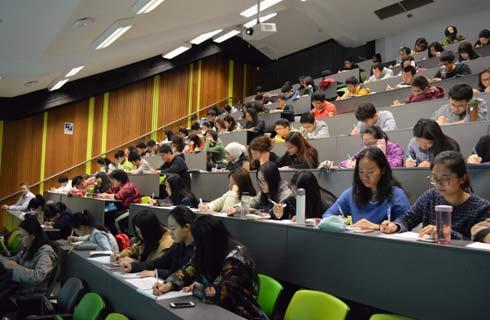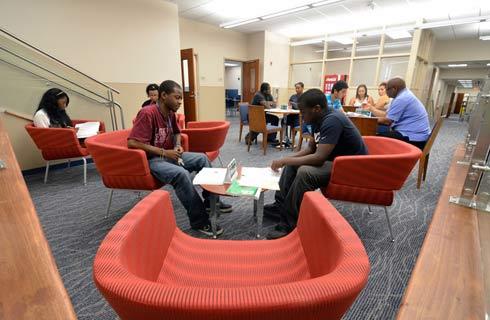Bachelor of Science in Physics - Astronomy/Astrophysics

学历文凭
Bachelor Degree

专业院系
Department of Physics and Astronomy

开学时间

课程时长

课程学费

国际学生入学条件
Provide a letter of recommendation from a teacher or academic advisor. Letters must be sent directly from the recommender to our office.
Submit your English-proficiency test scores.
TOEFL iBT - 79
TOEFL pBT - 550
IELTS - 6.5
Duolingo English Test - 110
IDP—雅思考试联合主办方

雅思考试总分
6.5
- 雅思总分:6.5
- 托福网考总分:79
- 托福笔试总分:550
- 其他语言考试:PTE Academic - 53
CRICOS代码:
申请截止日期: 请与IDP联系 以获取详细信息。
课程简介
相关申请
 预科
预科 奖学金
奖学金 实习机会
实习机会 在校学习
在校学习 跨境学习
跨境学习 校园授课-线上开始
校园授课-线上开始 在线/远程学习
在线/远程学习
开学时间&学费
学费信息仅供参考,请与IDP联系以获取详细信息
| 开学时间 | 时长 | 学费 | 地点 |
|---|
学校排名

世界排名251
数据源:
泰晤士高等教育世界大学排名
关于特拉华大学

特拉华大学(UD)的历史可以追溯到1743年,它是美国最古老的高等教育机构之一。这一悠久的杰出学术传统至今反映在大学的研究和创新活动中。由于致力于增加和传播科学、人文、艺术和社会知识以造福更大的社会,UD一直被认为是美国前50名的公立大学之一。特拉华大学位于纽约市和华盛顿特区的中间,距离费城仅45分钟车程,可以在全国范围内建立有意义的联系和机会。该大学是一个以研究为重点的机构,致力于提供本科、研究生和专业水平的优秀教育。其教师是经验丰富的学者,他们优先考虑学生和学者的智力和文化发展。因此,特拉华大学的毕业生带着他们所需的工具和技能,在一个联系日益紧密的全球社会中作出贡献并发挥领导作用。诚信、创造力和奉献精神是特拉华大学毕业生的关键属性。在特拉华大学的150多个本科专业和许多研究生项目中,教师们促成了一个激励所有人学习的环境,他们鼓励对知识的好奇、批判性思维、自由探索和尊重来自全球各地的观点和价值观。UD的校友已经成为法官、参议员、大公司的首席执行官、许多领域的知名学者和美利坚合众国的现任总统。
本校相关课程

环境研究文学士
学历文凭
Bachelor Degree
开学日期
课程费用总额


野生动物生态与保护理学学士
学历文凭
Bachelor Degree
开学日期
课程费用总额


统计学理学学士
学历文凭
Bachelor Degree
开学日期
课程费用总额


环境与资源经济学理学学士
学历文凭
Bachelor Degree
开学日期
课程费用总额


兽医学理学学士
学历文凭
Bachelor Degree
开学日期
课程费用总额


植物科学理学学士
学历文凭
Bachelor Degree
开学日期
课程费用总额

其他相关课程

物理学和天文学理学学士(荣誉学位)
 滑铁卢大学
滑铁卢大学学历文凭
Bachelor Degree with Honours
开学日期
课程费用总额


物理与天文学理学硕士
 曼尼托巴大学
曼尼托巴大学学历文凭
Masters Degree
开学日期
课程费用总额


物理学与天文学理学学士
 曼尼托巴大学
曼尼托巴大学学历文凭
Bachelor Degree
开学日期
课程费用总额


物理学与天文学理学学士(一般)
 曼尼托巴大学
曼尼托巴大学学历文凭
Bachelor Degree with Honours
开学日期
课程费用总额


物理学和天文学理学学士(荣誉学位)
 曼尼托巴大学
曼尼托巴大学学历文凭
Bachelor Degree with Honours
开学日期
课程费用总额


物理与天文学哲学博士
 约克大学
约克大学学历文凭
Ph.D.
开学日期
课程费用总额










 美国
美国